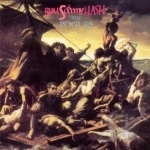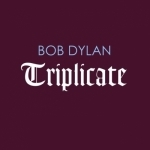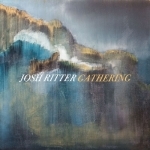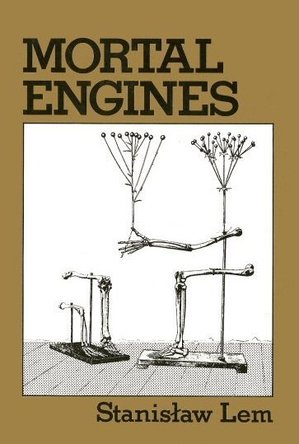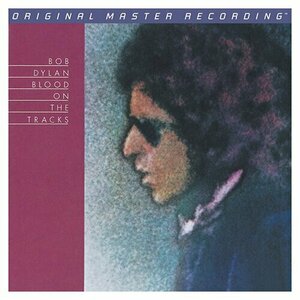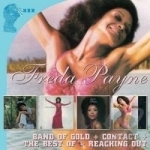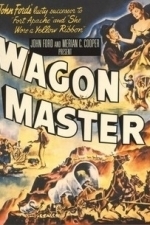Search
Search results
Alex Kapranos recommended Rum, Sodomy, And The Lash: Expanded & Remastered by The Pogues in Music (curated)
Awix (3310 KP) rated Mortal Engines in Books
Apr 5, 2019
Mostly whimsical science-fantasy from possibly the world's most widely-read author in the genre. The majority of these stories are cybernetic folk-tales about robot kings, knights, princesses, and so on, having various unlikely experiences: the tales are droll but also highly imaginative and witty. Also included are a couple of longer, more serious stories - one about a man hunting a robot, the other about a robot hunting a man - no prejudice here, to paraphrase the translator. Well-written and entertaining, gives a sense of Lem's range as an author.
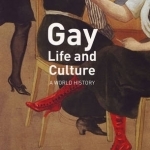
Gay Life and Culture: A World History
Book
Now available in paperback, 'Gay Life and Culture' is a comprehensive, global account of gay...
Quentin Tarantino recommended Blood on the Tracks by Bob Dylan in Music (curated)
Quentin Tarantino recommended Band of Gold/Contact/Best Of/Reaching Out by Freda Payne in Music (curated)
Whit Stillman recommended Wagon Master (1950) in Movies (curated)
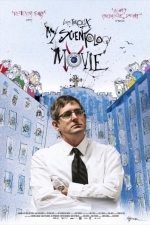
My Scientology Movie (2015)
Movie Watch
Louis Theroux is in America to interview members of the Church of Scientology - but they do not want...
documentary
